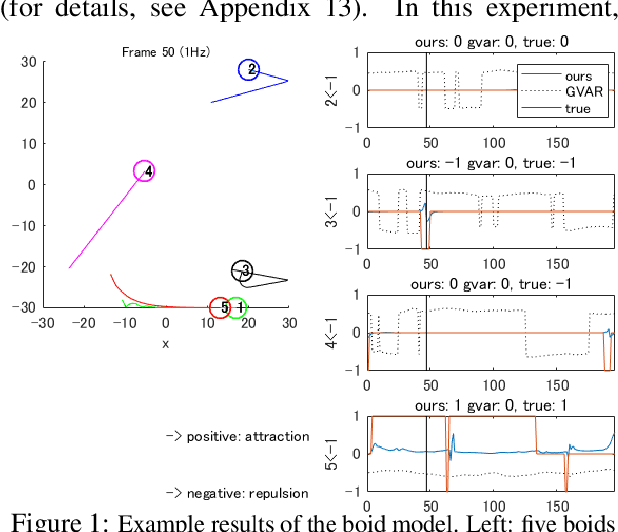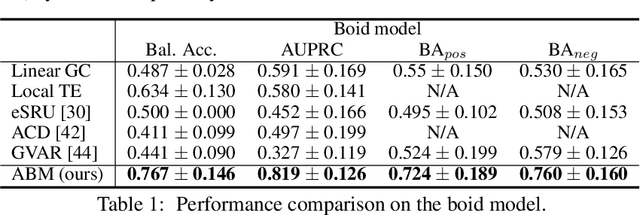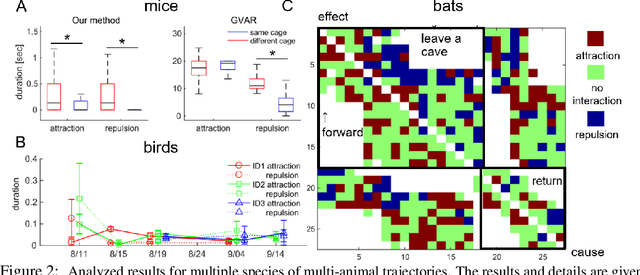Susumu Takahashi
Enhanced Multi-Object Tracking Using Pose-based Virtual Markers in 3x3 Basketball
Dec 09, 2024



Abstract:Multi-object tracking (MOT) is crucial for various multi-agent analyses such as evaluating team sports tactics and player movements and performance. While pedestrian tracking has advanced with Tracking-by-Detection MOT, team sports like basketball pose unique challenges. These challenges include players' unpredictable movements, frequent close interactions, and visual similarities that complicate pose labeling and lead to significant occlusions, frequent ID switches, and high manual annotation costs. To address these challenges, we propose a novel pose-based virtual marker (VM) MOT method for team sports, named Sports-vmTracking. This method builds on the vmTracking approach developed for multi-animal tracking with active learning. First, we constructed a 3x3 basketball pose dataset for VMs and applied active learning to enhance model performance in generating VMs. Then, we overlaid the VMs on video to identify players, extract their poses with unique IDs, and convert these into bounding boxes for comparison with automated MOT methods. Using our 3x3 basketball dataset, we demonstrated that our VM configuration has been highly effective, and reduced the need for manual corrections and labeling during pose model training while maintaining high accuracy. Our approach achieved an average HOTA score of 72.3%, over 10 points higher than other state-of-the-art methods without VM, and resulted in 0 ID switches. Beyond improving performance in handling occlusions and minimizing ID switches, our framework could substantially increase the time and cost efficiency compared to traditional manual annotation.
Learning interaction rules from multi-animal trajectories via augmented behavioral models
Jul 14, 2021


Abstract:Extracting the interaction rules of biological agents from moving sequences pose challenges in various domains. Granger causality is a practical framework for analyzing the interactions from observed time-series data; however, this framework ignores the structures of the generative process in animal behaviors, which may lead to interpretational problems and sometimes erroneous assessments of causality. In this paper, we propose a new framework for learning Granger causality from multi-animal trajectories via augmented theory-based behavioral models with interpretable data-driven models. We adopt an approach for augmenting incomplete multi-agent behavioral models described by time-varying dynamical systems with neural networks. For efficient and interpretable learning, our model leverages theory-based architectures separating navigation and motion processes, and the theory-guided regularization for reliable behavioral modeling. This can provide interpretable signs of Granger-causal effects over time, i.e., when specific others cause the approach or separation. In experiments using synthetic datasets, our method achieved better performance than various baselines. We then analyzed multi-animal datasets of mice, flies, birds, and bats, which verified our method and obtained novel biological insights.
 Add to Chrome
Add to Chrome Add to Firefox
Add to Firefox Add to Edge
Add to Edge